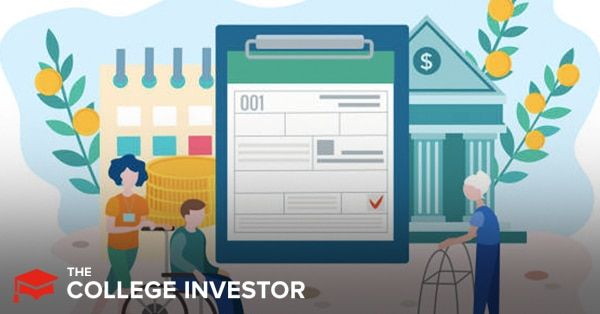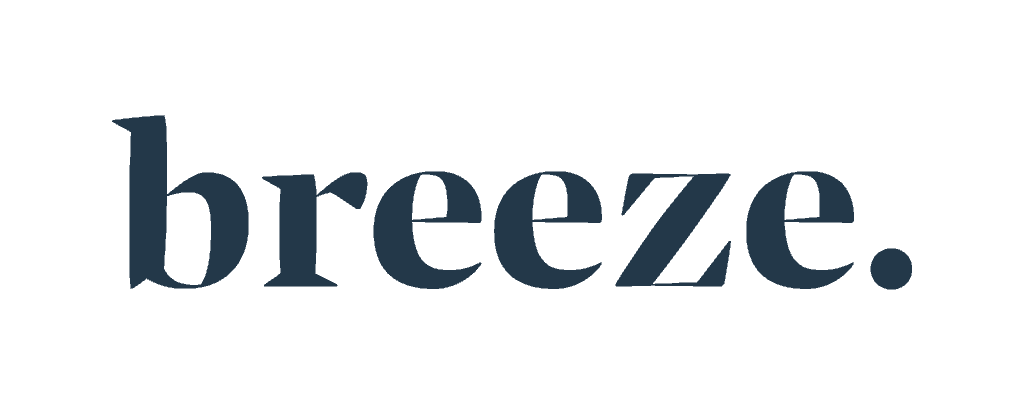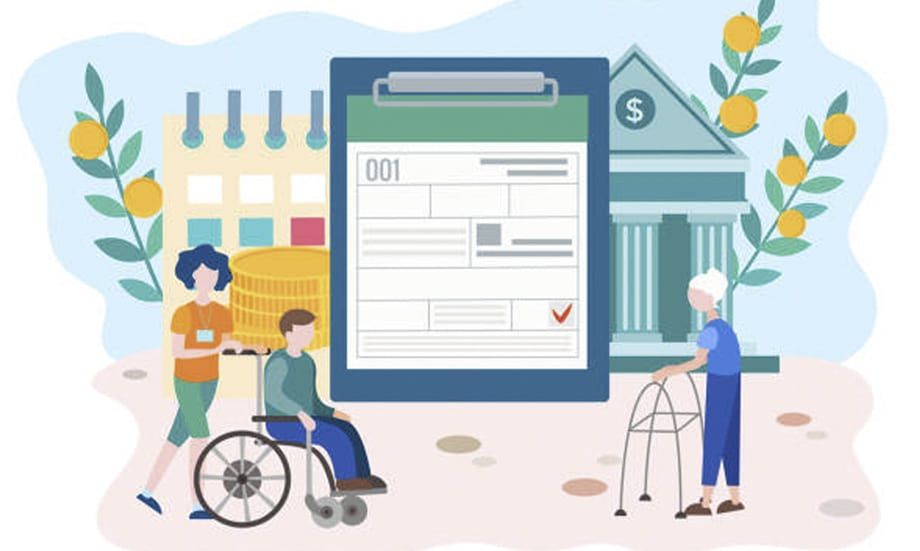
Do you need disability insurance? Yes! You definitely need disability insurance.
But it can be confusing to understand what you need. And for some people, your employer may provide you with something - so do you need more? (Hint: probably).
Here’s what you need to know about this underrated financial product, what it is, and where to find it.
What Is Disability Insurance?
Disability insurance is an insurance that replaces part of your income if you become medically disabled (unable to work for a covered reason). It is one of the most important forms of insurance, yet few people have a personal disability insurance policy. If you’re covered at all, you’re probably covered through work.
Here’s what you need to know about disability insurance.
Disability Insurance Isn’t Cheap
No need to bury the lede here. Disability insurance feels expensive. The exact price of a policy depends upon several factors including your age, health status, occupation (especially whether it’s a hazardous occupation), and the amount of income you want to replace.
Replacing $3,500 per month (60% of a $70,000-per-year income) costs between $175 and $250 per month for a 30-year-old woman in my occupation. The exact cost for a policy varies. However, a lot of people in the early career stages can expect to pay between $150 and $250 for coverage.
You can check out the prices for coverage using a site like Policygenius (while you’re there, buy a policy if you aren’t covered through work).
What Terms Do You Need to Know?
When you’re looking at disability insurance, you need to know the jargon. Here are a few things you’ll have to understand.
Own-Occupation Coverage or Any-Occupation Coverage
An own-occupation insurance policy covers individuals who can’t perform specific types of work. For example, if a surgeon can’t perform surgery, she is disabled from her own occupation. She may be able to provide generalized medical counsel, but her ability to earn income from her own occupation is diminished. Therefore, if the surgeon has “own-occupation” disability insurance, she will be covered.
By contrast, any-occupation coverage requires you to be disabled and unable to perform any sort of work. This is an enormously difficult standard to meet, as you would have to prove that you cannot perform even simple tasks such as data entry to be considered disabled. However, this coverage is typically cheaper (due to the higher bar you have to clear).
Social Security disability income insurance is “any-occupation” coverage. That means you really can’t rely on it to cover potential income losses. The likelihood that you truly can’t perform any work is low. Ideally, you want a private own-occupation disability insurance policy.
Short-Term and Long-Term Disability
Short-term disability insurance is insurance that covers your income from the moment you’re disabled through a short period of time (often 6 to 12 weeks). This is the most common policy offered by employers.
Often, short-term disability insurance will cover your income following a child delivery. In fact, many women who receive some form of paid maternity leave through their companies are paid through short-term disability policies.
The amount of income covered through a short-term disability period varies. Anything from 50% of income to 100% of income could be covered. If you have short-term disability, check with your provider to learn about the amount of income covered.
Long-term disability policies start covering your income after a period of time (usually two to six months), and cover you until age 65 or until your disability is resolved. These policies replace a portion of your income during this time. Usually a policy will replace a maximum of 60% of your income.
Income Coverage
If you have disability insurance through work, you probably have a policy that covers 60% of your base salary.
If your income is structured with a lot of bonuses or commissions, your disability policy could be pretty lousy. Salespeople and others with variable incomes should connect with a human resources representative to determine whether the disability policy offered by the company suits their needs.
Generally, when you buy a private policy, you’ll cover a specific dollar value. The maximum dollar value you can buy will be 60% of your annual salary.
When You Need to Buy Your Own Disability Insurance
Not Covered Through Work
Employers commonly offer disability insurance as a workplace benefit. But if you don’t have coverage through a job, it pays to get one on your own.
Also, if you're concerned you don't have enough coverage - or maybe your employer only offers short term disability insurance - then you should consider buying your own coverage.
Self-Employed People
It’s easy to make the case that you should have disability insurance. If you can’t work, you still need money. Disability insurance replaces your income when you’re medically unable to work. But if you’re self-employed, the $150+ monthly cost may keep you from buying the insurance you really need.
Spending that money may be a tough pill to swallow, but if you can possibly squeeze it into your budget, buy disability insurance. If you can’t work for a period of time, you’ll be thankful to have that coverage. If you don’t have coverage, use a site like Policygenius.
Anyone Considering Staying Home With Kids
Self-employed people may fail to buy disability insurance, but another group that tends to be under-covered is stay-at-home parents.
Several years ago, I purchased a private, supplemental disability insurance policy that has $1,400 per month in coverage. Under the structure of this policy, I would be allowed to keep the policy in force, even if I stopped working on a full-time basis.
I kept this policy in force during my “stay-at-home-mom” years when I did not work full-time. If I became disabled during that period, the policy would still pay out. This would have allowed me to pay for childcare or household help had I been unable to provide those myself.
In general, these private policies must be purchased during a time when you are working full-time.
Ways to Save Money on Disability Insurance
You need disability insurance, but it’s expensive. What can you do? There are at least a few ways to save money.
The first is to skip short-term disability insurance in favor of an emergency fund. If you can cover six months or more of expenses, you can forgo short-term disability insurance. Additionally, if you’re young and you think your parents can take care of you, you can probably skip the short-term insurance.
The only people who should strongly consider purchasing a short-term disability policy are self-employed women who may want to have a child, and will need the policy to fund a maternity leave.
With long-term disability insurance, there are a few ways to cut costs. The first is to reduce the amount of income covered. If you can easily live on $2,000 per month, don’t bother covering $4,000 per month. Keep the insurance payout as low as you reasonably can.
Second, you can extend the amount of time you wait before the long-term disability payments come in. The most common period of time is 90 days, but if you can wait 180 days or even a year, the cost will fall quite a bit.
Last, you may be able to cut costs with a Social Security rider. This clause says that any money paid out by Social Security won’t be paid by the insurance company. I don’t recommend adding this clause, but if it allows you to shoehorn the policy into your budget, go ahead and add it. You may be able to update a new policy later on.
Where To Purchase Disability Insurance
Most people get a disability insurance policy through their employer. But if you're looking to buy one on your own, you might be stumped on where to purchase it.
Here are two options to consider:
Policygenius
Policygenius is normally thought of for life insurance, but they are awesome for disability insurance as well. What makes Policygenius great is that they shop and compare all of the top insurance providers, they get to know your needs, and they make sure the policy you get will actually cover you for what you need - not just leave you hanging if you actually need to use your insurance.
Read our full Policygenius review here.
Breeze
Breeze is a relatively new company that makes getting disability insurance easy. They have brought the disability insurance process fully online - and the experience to get a quote and see your coverage is so easy. With their simple process, you can easily get a quote in about 15 minutes, and given it's online, you can do everything without speaking to a rep.
Read our full Breeze review here.
Final Thoughts
Disability insurance is an added expense, but it is important for all working adults. It is one of the first things you should purchase after rent, food, and medical expenses (including health insurance).
If you’re young and invincible, you may feel like disability insurance is a waste of money. And in a best-case scenario, it will be a waste of money. You’ll pay for it month after month and never get a benefit from it. That’s great! It means you’re healthy.
But if you do become disabled, you don’t want to plan to work from your hospital bed so you can keep paying the bills. Give yourself some peace of mind, and buy the disability insurance.

Hannah is a wife, mom, and described personal finance geek. She excels with spreadsheets (and puns)! She regularly explores in-depth financial topics and enjoys looking at the latest tools and trends with money.
Editor: Clint Proctor Reviewed by: Robert Farrington


